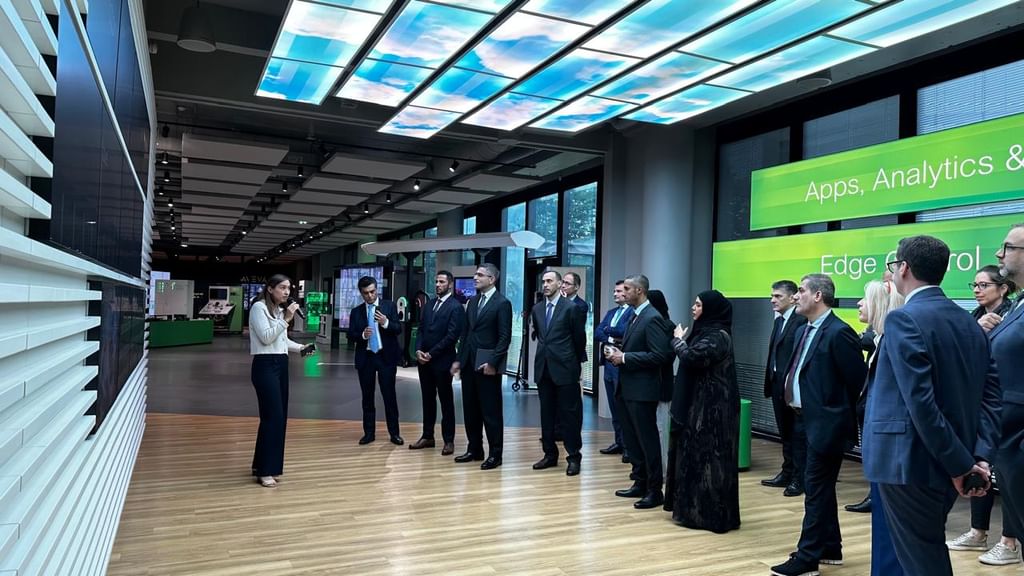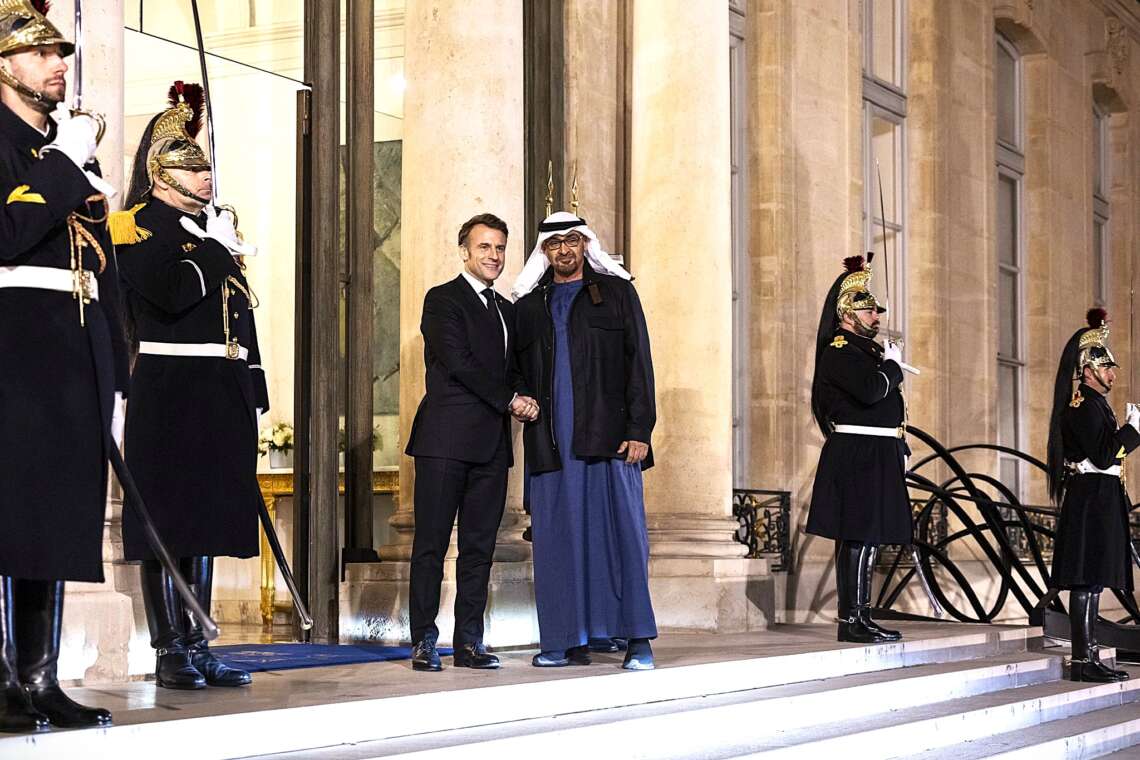The first thing that hits about author Belinder Dhanoa’s ‘Kasauli Art Centre, 1976-1991’, set up at Ivy Lodge in Kasauli that artists Vivan and Navina Sundaram inherited from their mother, Indira Sher-Gil, in 1975, published brilliantly by Tulika Books is the fact that it is one of the best-designed books of 2023…writes Sukant Deepak
She was not very clear about what the late artist Vivan Sundaram expected when he asked her to write a book on the Kasauli Art Centre. But certain things were lucid — she would not write a definite history, it would imbibe the fact that people from all across came here, leaving a part of them at the centre. Yes, there would be voices of many, but no paraphrasing and the author would have her space — she would transcend genres, and she would wander to absurd the essence of many minds.
The first thing that hits about author Belinder Dhanoa’s ‘Kasauli Art Centre, 1976-1991’, set up at Ivy Lodge in Kasauli that artists Vivan and Navina Sundaram inherited from their mother, Indira Sher-Gil, in 1975, published brilliantly by Tulika Books is the fact that it is one of the best-designed books of 2023.
One enters the book with caution, first taking in the images of some of the masters like Nilima Sheikh, Gulammohammed Sheikh, Bhupen Khakhar, Geetanjali Shree and Anuradha Kapur who worked and stayed at the Ivy Lodge. There are families, artists are working in the outdoors in rhythm/unrhythm, and there are images of long discussions in the night, of sitting around, children playing and those completely unaware of the camera following them. Sometimes a direct gaze is frozen, and many times eyes focus on nothingness.
Dhanoa, a writer of fiction and nonfiction, with training in Visual and Cultural Studies who teaches Literary Art/Creative Writing at the Ambedkar University Delhi, through a gripping narrative captures the many concerns of those times — the Vietnam War, and interdisciplinary interactions on the rise of fundamentalist ideas. Multiple schools of art, and thought come together, and letters of artists who were part of the residencies provide a glimpse of how the shared space opened many chasms for them. How the space found a permanent spot inside them.
Dhanoa tells that she knew most of the work that had to be done by meeting and interviewing participating artists, that the centre did not exist in isolation and that the people who participated, brought different parts of themselves with them there. “I have brought in Baroda, Mumbai and other spaces. The Centre existed in the times before liberalization, before the many art galleries started dotting major Indian cities.”
Adding that it was paramount to bring to light the critique and dialogue within the artists’ community of that time, the author stresses the fact that the book had to have a lot of voices. “So much is from memory, which may not be a very reliable source, nevertheless it lends many new dimensions when recounted.”
While she managed to put together the book in a year, it took much longer to source photographs, and for the actual production.
Interestingly, the Sher-Gil Sundaram Arts Foundation is reviving the Centre which will invite artists, hold workshops and give grants shortly. “While it might be different as we live in a time with other concerns, there will be memories on the wall. I clearly remember one of the artists telling me — ‘A very intense aspect of the Centre was the fact that you could think and discuss issues that you could give only moments to in your everyday life. It was a different space in time there.’”
Dhanoa says despite their immense importance such places do not exist. Adding that dialogue between activists, and people who are involved with culture is paramount, she adds, “We must realise that those involved in the cultural scene are affected by everything around them, and they should have spaces that allow them to discuss.”
The author is currently working on her new novel on silence — not just the one that every individual needs, but also its consequences in tough times.
ALSO READ-French PM Borne steps down













